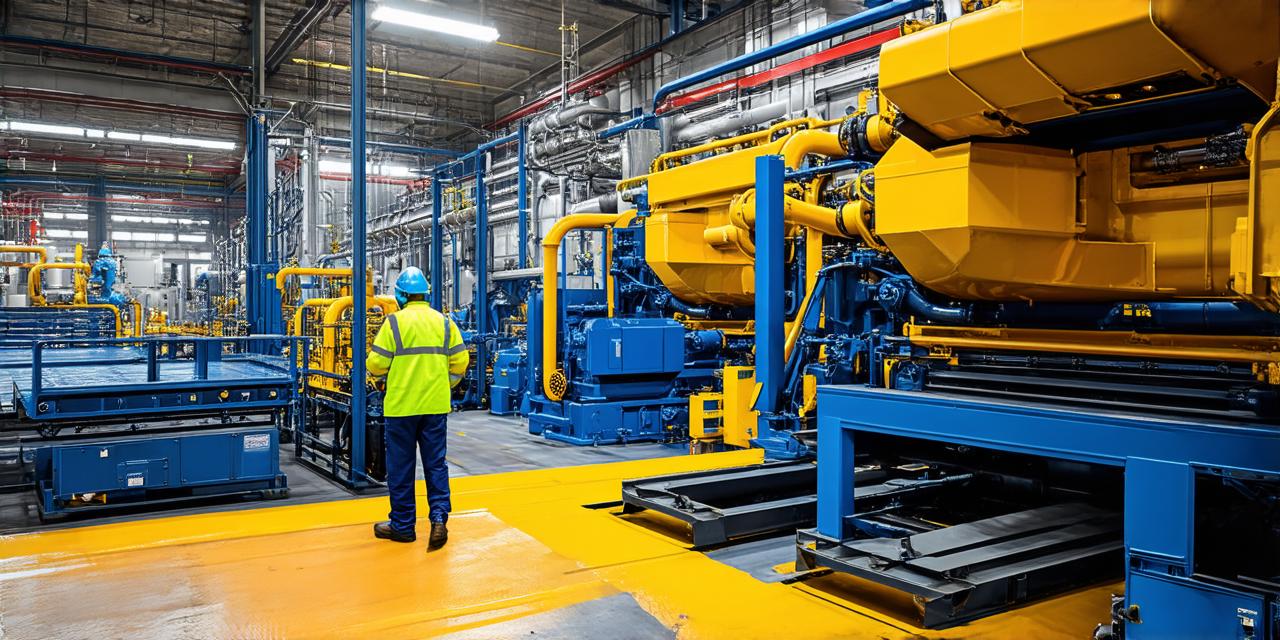The Cost of Outsourcing Manufacturing: A Brief Overview
BlogOutsourcing manufacturing is a common practice among businesses looking to reduce costs and increase efficiency. While it can be an effective way to achieve these goals, there are also potential drawbacks to consider before making the decision to outsource.
Table of Contents
ToggleFactors Affecting the Cost of Outsourcing Manufacturing
1. Labor Costs: One of the primary reasons businesses outsource manufacturing is to take advantage of lower labor costs in other countries. However, this can also contribute to the overall cost of outsourcing. While labor costs may be lower in certain regions, there are also additional costs associated with training and managing a remote workforce.
2. Material Costs: The cost of raw materials used in manufacturing can vary widely depending on the location of the supplier. Shipping and transportation costs can also add to the overall cost of sourcing materials from overseas.
3. Quality Control: Ensuring that products meet the required quality standards can be a challenge when outsourcing manufacturing. Quality control measures, such as inspections and testing, may need to be implemented to ensure that products are produced to the desired specifications.
4. Communication and Coordination: Effective communication and coordination between your business and the manufacturer are essential for ensuring that production runs smoothly. Miscommunications or delays can result in additional costs, such as expedited shipping or overtime labor.
5. Intellectual Property Protection: Protecting intellectual property rights when outsourcing manufacturing can be a challenge. Businesses may need to invest in legal fees and other expenses to ensure that their intellectual property is protected.
Benefits of Outsourcing Manufacturing
While there are costs associated with outsourcing manufacturing, there are also several benefits to consider. These include:

- Increased Efficiency: By outsourcing manufacturing, businesses can focus on other aspects of their operations, such as marketing and product development. This can lead to increased efficiency and productivity.
- Reduced Labor Costs: As mentioned earlier, one of the primary reasons businesses outsource manufacturing is to take advantage of lower labor costs in other countries. This can result in significant cost savings for businesses.
- Access to Expertise: Outsourcing manufacturing can provide access to specialized expertise and technology that may not be available in-house. This can lead to higher quality products and more efficient production processes.
- Flexibility: Outsourcing manufacturing can provide greater flexibility in terms of production capacity and product customization. Businesses can scale up or down as needed, and manufacturers can produce products to specific customer requirements.
Summary
Outsourcing manufacturing can be an effective way for businesses to reduce costs and increase efficiency. However, it is important to carefully consider the potential drawbacks, such as increased communication and coordination costs, and to ensure that proper quality control measures are in place. By weighing the pros and cons of outsourcing manufacturing, businesses can make an informed decision about whether it is the right choice for their needs.
